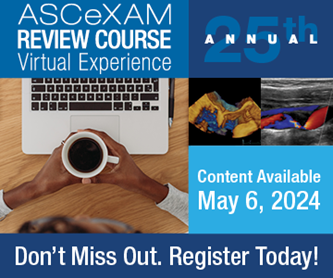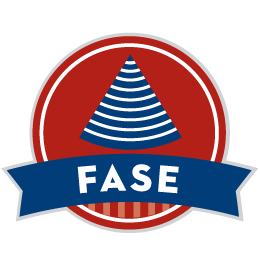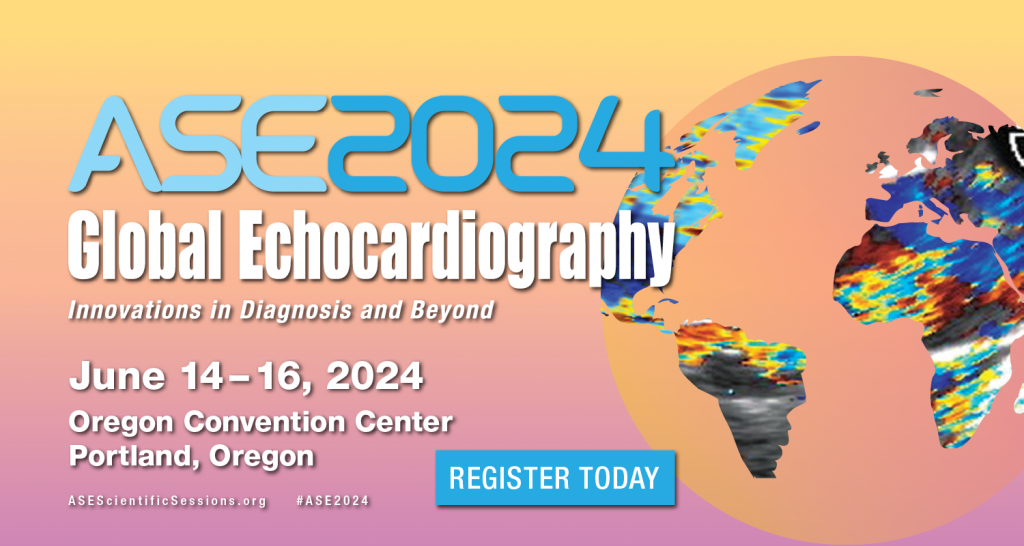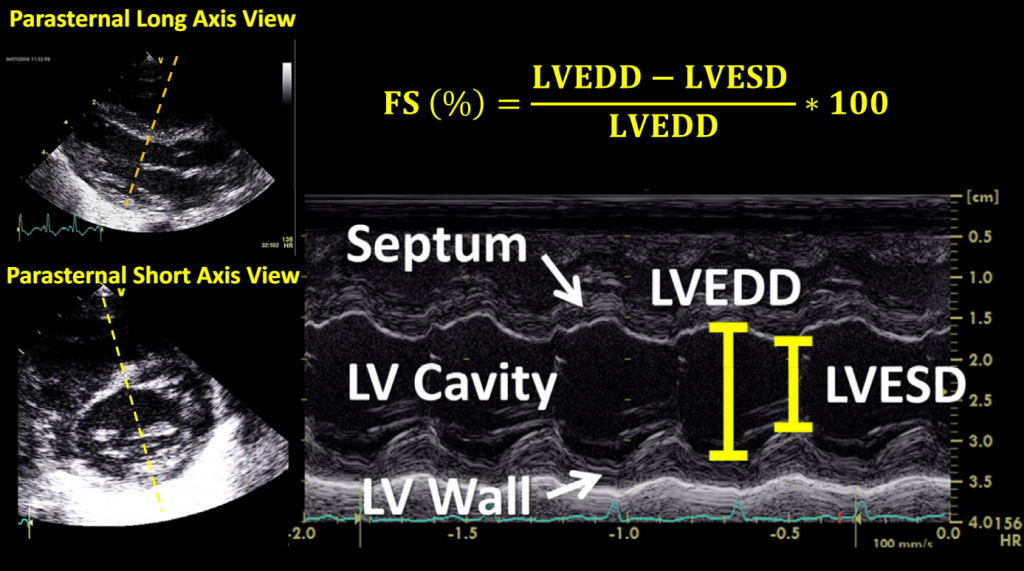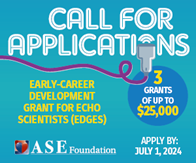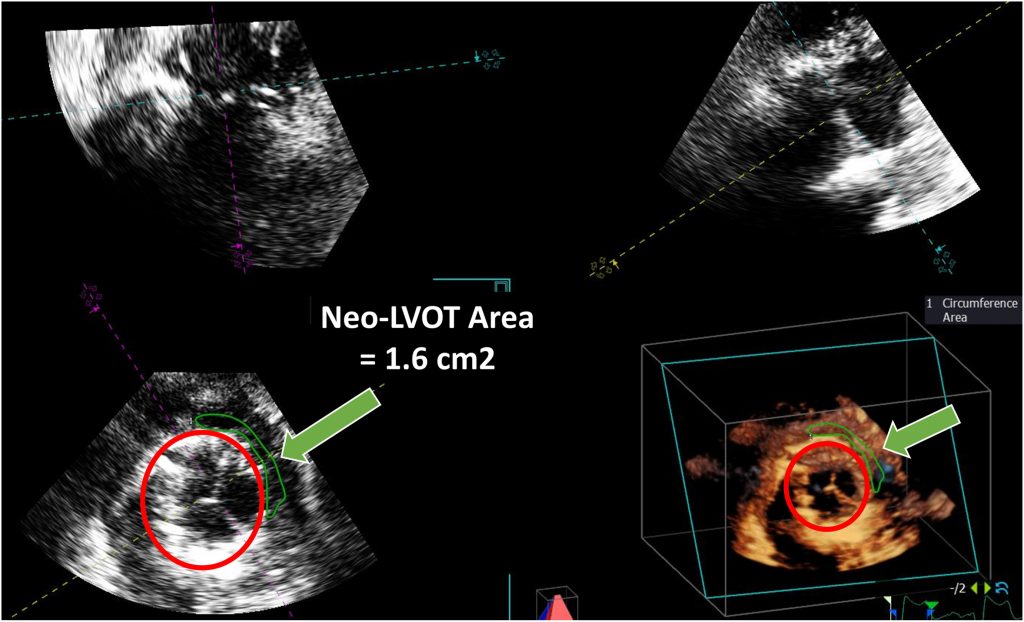Content Available: Next Monday, May 6
Now is the perfect time to register for ASE’s 25th Annual ASCeXAM Review Course: Virtual Experience. Starting Monday, May 6, you’ll have online access to more than 40 pre-recorded presentations to help you prepare for the National Board of Echocardiography’s ASCeXAM. Additionally, these varied presentations offer a comprehensive review of cardiovascular ultrasound information.
Topics covered in this virtual course include:
- TTE, TEE, right and left ventricular hemodynamics, endocarditis, chamber quantitation, systolic function, and hand-held echo
- Spectral Doppler, deformation, stress echo, mitral stenosis, mitral valve disease, and mitral regurgitation
- Mitral valve prostheses, aortic stenosis, HCM, systemic disease, and formulas
- Physics, knobology, artifacts, right ventricular function, and tricuspid and pulmonary valve disease
- Aortic regurgitation, aortic prosthesis, cardiac masses, myocardial infarction, and interventional echocardiography
- Contrast, congenital heart disease, diastolic function, pericardial disease, diseases of the aorta, heart failure, and LVADs
Registration also includes a virtual live component on Saturday, June 22. Expert faculty will host two live question and answer sessions online from 10:00 AM – 12:00 PM ET and 12:30 PM – 2:30 PM ET to answer your specific questions, review course material, and dive deeper into certain subjects. These sessions will be recorded and added to the online content for on-demand viewing through August 12, 2024. Registrants can earn up to 28.75 AMA PRA Category 1 Credits™.

